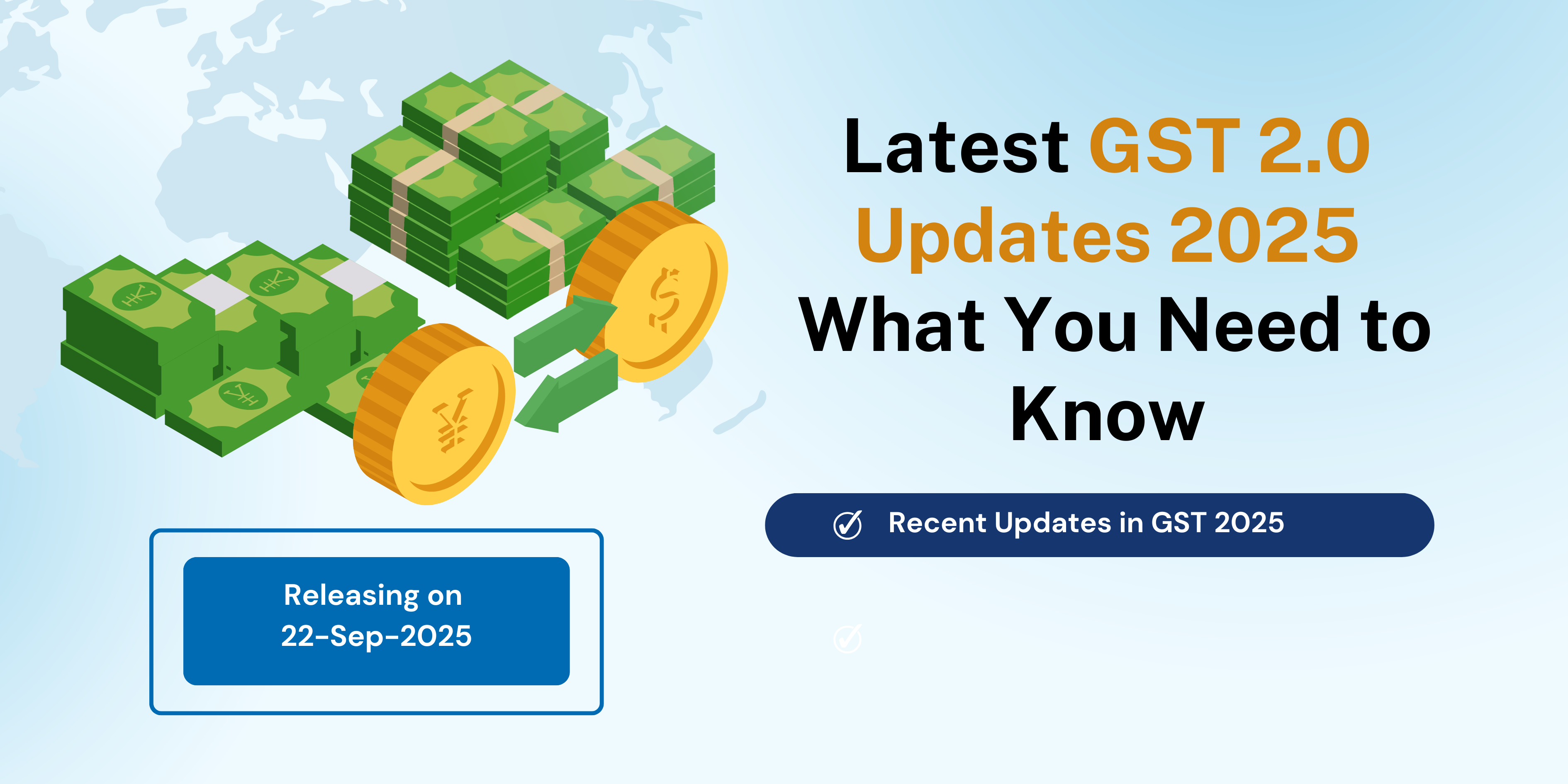
Managing one’s own money wisely is something mandatory with the increased use of credit and rapid demand for wealth accumulation in the present centennial. Financial management cannot be solely about how to save money but also includes planning, organizing, controlling, and directing the financial resources of an organization. In understanding personal finance, you are welcome to get acquainted with some practical approaches that should help you manage your money well.
Understanding Personal Finance
Personal and financial planning refers to the management of financial resources which include income, expenditure, savings, and investments that an individual aims to achieve in the future. It is a set of choices that properly take into account one’s financial goals and offer the means to achieve the best protection against financial risks. Managing personal finance in a manner is all about knowing your total income, the total expenditure you are likely to make, and how they would be equivalently met.
Financial Planning: The Company’s foundation is considered to be the cornerstone of success.
Budgeting is one of the first subcategories of personal finance management. That may include a process of determining the amount of money that one wants to make and how to get there. Personal financial planning is the process of analyzing your financial present state and formulation of strategy to achieve envisaged objectives.
Set Clear Financial Goals: The process should begin with developing your short-term and long-term objectives for your monetary management. This is especially true when you are saving for something specific such as a holiday, buying a house, or saving for your retirement, it becomes easier when you have set objectives.
Create a Financial Plan: Prepare a financial report for the coming month, in which all the income sources and expenses should be mentioned along with the targets of savings and investment. This plan should therefore map out how you’ll get to where you want financially as well as the changes you ought to make in circumstances.
Monitor and Adjust: Make it a habit to check up on your financial plan to see that you are still on track. To make these changes, one just needs to revise its financial plan because of the change in financial conditions or objectives.
Budgeting Tips: Wise Use Of Money
Another factor of personal financial management is called budgeting which means that an individual has to keep records of all the inflows and outflows to avoid spending more than what is earned. Budgeting should ensure one manages the money and stores, ensure one eradicates debts, and spend within his/her means.
Track Your Spending: Make sure that you make records of your earnings and expenses in detail. This will assist you in discovering just how one could reduce such unnecessary expenditure and ensure that one allocates some of the money towards savings and/or investments.
Create a Budget: Create a budget that will show you the amount of money that you earn per month as well as the amount you spend. Pay for all the necessities like the rent, gas, and electricity bills, groceries, and necessities, and cut out part of your money for savings and recreational activities.
Stick to Your Budget: You should try your best to stick to the budget that you created. Ensure that you from time to time examine your expenditure to ensure you are not overspending.
In simple terms, it means the process of handling one’s resources to increase them and also maintain them in the long run. This entails making investment plans as well as dealing with all the risks associated with the plan to attain monetary success.
Diversify Your Investments: This is why; diversification is very important in handling risks and maximizing returns. Always diversify in investment and include stock, bond, and real estate among other types of investments.
Consider Professional Advice: Such strategies have to be discussed and agreed upon with a qualified financial advisor or a wealth manager to invest one’s money effectively and safely.
Monitor Your Investments: Purposefully engage in the study of your investment plan often so that you can check whether the portfolio conforms to your financial goals. Another important rule regarding business is to change in certain ways based on the structures present in the market as well as the speaker’s conditions and situations.
Financial Literacy: Decision-making is a critical process as it determines how people perform or approach a particular task when faced with a problem.
Economic literacy: It is the state of knowing and managing your money Smart in simple terms is the way and control of your cash. Economic literacy makes you a better consumer enabling you to make the best spending, saving, investing, and recognizing of your financial goals.
Educate Yourself: Spend your time to get familiar with some of the key concepts associated with personal finance which include investing, budgeting, and managing debts. You might use books, online courses, any other reading materials, and financial blogs to increase your knowledge.
Stay Informed: Be informed with the latest on finance and the economy. It is possible to make wiser financial decisions when you have information about today’s economic climate and other emerging factors.
Practice Financial Skills: In this case, use the practical experience of what you have learned in the aspect of budgeting tips, saving strategies, and investment practices. This practical exposure will also improve the personal finance knowledge that you have gained and also be useful for the overall success of your finances.
Saving Money: Structural Building of SEP start time
Budgeting and being thrifty are two key principles of developing a personal finance plan that allows you to avoid an emergency and reach the objectives most efficiently. Savings may also include the process of putting aside income plans a certain percentage to cater to future needs or another form of emergencies.
Set Up an Emergency Fund: Save about 3 to 6 months of expenses as your emergency fund is important in case of unexpected situations. This fund will act as a reserve where you can obtain funds in situations such as layoffs, or any incurable illness.
Automate Your Savings: Make payments to a savings account or investment fund that are recurrent and do not require extra effort. Savings automation makes certain that from your income you save a certain percentage without having to contemplate it.
Reduce Unnecessary Expenses: Compare your expenditures and analyze the categories where you may reduce expenses. Cutting down on expendable products and services enables saving of more money for investment and other policies.
Investment Strategies: Supercharging Your Growting and Accumulation
Saving plans should be employed as a means of increasing your fortune and creating a base for a long-term, stable income. Strategic investing therefore requires that one identify assets that can meet specific financial objectives and risk profile.
Start Early: It increases your chances of earning compound interest and therefore the more you begin early the better. It also means that the earlier one starts investing, the earlier his or her money will start earning.
Invest Regularly: Regular and steady investing is sufficient given even a small sum of money to put into a business can result in great growth in the long run. This is why it might be a good idea to establish systematic investments in your investment portfolios.
Rebalance Your Portfolio: Always ensure that you rebalance it from time to time in a bid to achieve your target asset allocation status. It also assists in risk management and the right positioning of your investments with the corporate goals and objectives.
Conclusion
Managing own funds is a lifelong task that involves personal financial planning, individual financial control, individual saving, and individual investment. These crucial methods should be undertaken and put into practice so that you can be able to enhance your financial success, boost your financial knowledge, and attain the best of your financial potential. Just a few things to note are that the crucial to managing your economic lifestyle are informed decisions and strict financial behavior. Thus, with proper attitude and strategies identified and implemented, there will be a powerful financial start to ensure well-being in the future.



